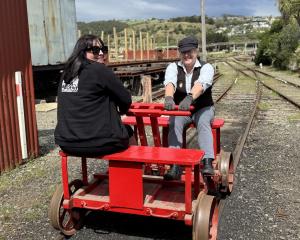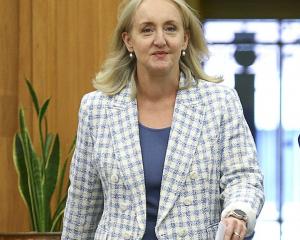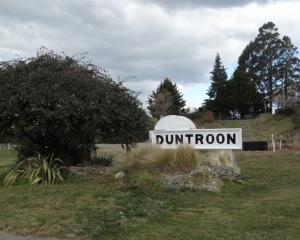Changes at the top of the Southern District Health Board (SDHB) should not affect the ongoing contract negotiations between the board and Waitaki District Health Services (WDHS).
The SDHB and WDHS said this week talks were continuing as usual, despite SDHB chief executive Carole Heatly resigning from the embattled organisation, citing "personal and family reasons'', two weeks ago.
SDHB planning and funding director Sandra Boardman said Ms Heatly's departure had no bearing on the process.
"The DHB is bigger than just one person and the DHB and the commissioner in particular, who remains in place - and has set the direction - are committed to the review that we've been entering into with Waitaki District Health Services, so no,'' she said.
"We'll just carry on.''
WDHS chairman George Berry agreed.
"The board is ongoing and we will just be dealing with those who are in charge,'' he said.
Further, Mr Berry said he was not concerned about a report by consultants Sapere Research Group, released at the time of Ms Heatly's announcement, which suggested rural hospitals had too many beds and aimed to provide too high a level of service.
Earlier this month, Clutha Health First chief executive Ray Anton called the consultants' report "inflammatory'', saying it seemed to have come out of "left field''.
Mr Berry said the Sapere Research report had included suggestions parallel to those he expected to see as recommendations from the clinically led review of services that began in April.
At the time, Oamaru Hospital management said a proposed 10% funding cut for WDHS was unworkable.
Mr Berry said the old Oamaru Hospital once had 150 beds and a nurses' training school. Its reduction over the years to a 24-bed hospital was a "classic example of this sort of exercise''.
"I think it [the report] was more positive for the rural hospitals, as I read the report, in terms of recognising that there's more they can do more cost-effectively than putting everyone in an expensive base hospital,'' he said.
"The new model of care which is being promoted, of course, involves looking after people more in their homes where that is possible. Less requirement for beds might be an outcome of that.''
Although preliminary recommendations from the review re made public at the end of June, the final recommendations of the clinically led review, which would inform negotiations, would not be available until August 22.
"We have yet to see the detail as to how that will play out, and that is going to be the $64 question,'' Mr Berry said.
Mrs Boardman said the Sapere Research report, a part of the approval process for the $300million Dunedin Hospital rebuild, was separate to the WDHS review.
"To be honest, the fact that we've probably got more beds than we need in Southern (DHB) is not a surprise but it's not impacted on the review at all because the review is very specifically about looking at the Waitaki population. What do they need?''
Nelson Marlborough Health Chief Executive Chris Fleming has been seconded to Southern DHB as interim chief executive, the SDHB announced yesterday.












